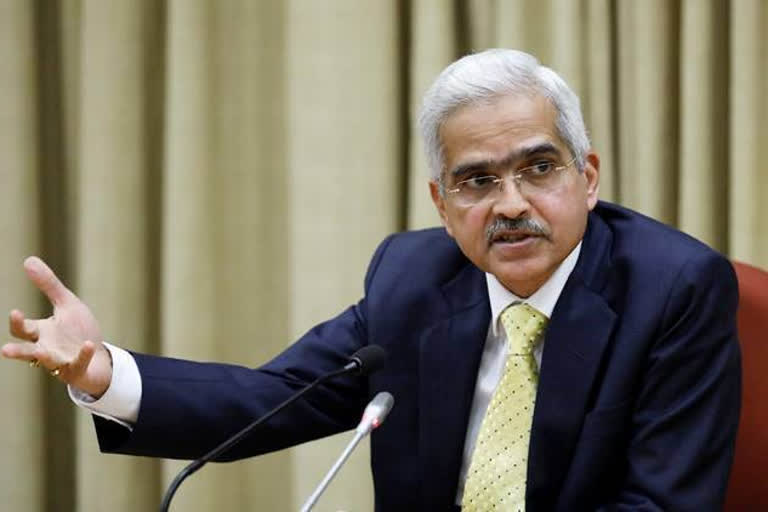Hyderabad: The Reserve Bank of India (RBI) has said in its latest annual report that the burden of non-performing assets (NPAs) has increased during the COVID crisis.
The RBI has asked the Centre to support the banking sector with a liberal mind-set as it has lost revenue of up to Rs 3 lakh crores due to bad debts. Due to unforeseen catastrophes like COVID, it is natural that different sectors are in deep crisis and the volume of non-performing assets should increase.
However, the story of bad debts is not a new one. The roots of the great malady are deeply rooted in the banking system. Whereas it’s the duty of the banking sector to act as a trustee to public money and help in the progress of the nation, its callous and unconcerned attitude is a long story.
Compared to the previous year the extent of financial scams has more than doubled in 2019-20 to a staggering Rs 1.85 lakh crores. Of what use are the rules, regulations and internal procedures that do not result in an efficient banking system?
The Punjab National Bank (PNB) scam of over 300 illegal transactions was born out of the crimes committed by junior employees who colluded with companies and issued fraudulent "letters of undertaking", or LoUs, without asking for any margin money as security, even though the firms did not have any pre-approved credit limit.
The 'Yes' bank's fortunes were turned upside down when the Bank founder Rana Kapoor signed a 'Quid Pro Quo' deal with the Wadhwa brothers. While the RBI says that it can detect such frauds in "just" two years - it is a shame that the audit regulators have not been able to detect the billions of rupees in the PNB scam for seven years.
Former RBI Governor Raghuram Rajan earlier categorized the reasons for the NPAs and brought out the internal factors saying that: "Some mistakes are committed by the banks ... and some are other mistakes." Whatever the reasons, another former Governor of Reserve Bank of India, an economist, Central Banker, and retired IAS officer, Duvvuri Subbarao, believes that the bankruptcy law has not been able to resolve the NPAs and suggests the establishment of 'bad bank' on the lines of 'Dhanaharta of Malaysia'.
It means that all the defaulted accounts should be transferred to an organization and it is entrusted with the responsibility of recovering the debt amounts. Also, the unorganized system that is responsible for the accumulation of bad debts should be immediately rectified and fortified. How come that the banks which harass the common man by demanding various guarantees and difficult terms for giving a loan … are giving billions of rupees to the big corporates without following proper procedures and precautions? The banker's confession that some officials are hand in glove with criminals and are resorting for the economic offences is a strong indication that corruption is rampant everywhere.
The Reserve Banks seems to think that its duty is done by admitting the role of bank staff in some or other scandal every four hours! The corrupt employees who help in granting the loans to habitual loan evaders must be dealt with severely and action must be taken to plug loopholes in the system and prevent the financial criminals from acting at their will.
By covering up the sabotage of corrupt officials and without punishing them, it is completely unreasonable for the RBI to seek more financial assistance from the Centre even after receiving staggering assistance of Rs 2.5 lakh crore.
Every rupee spent by the Centre in the name of recapitalization of banks is public money. By increasing transparency in the work practices and accountability of the banks and awarding strict punishment to the offenders only the banking system can win the confidence of the people again!
ALSO READ: How will India win COVID battle if pvt hospitals continue to overcharge?



